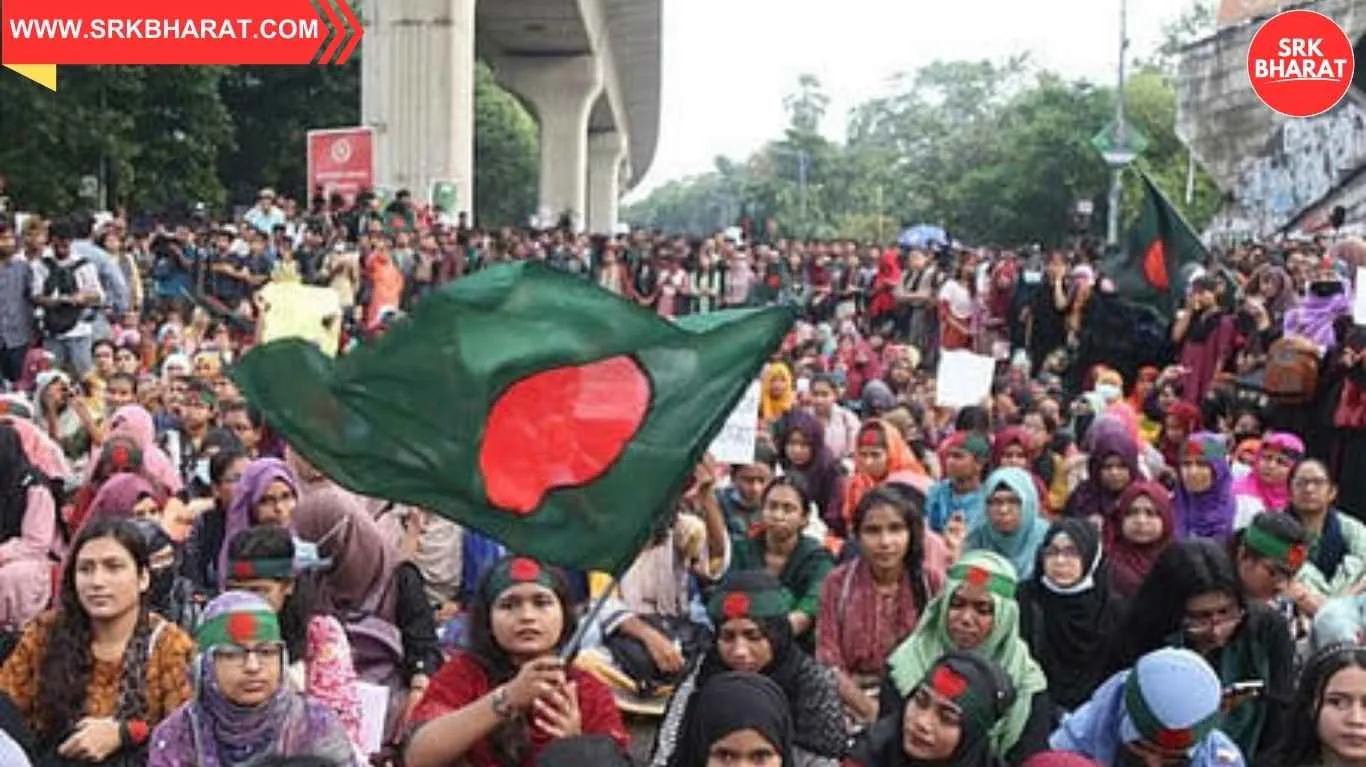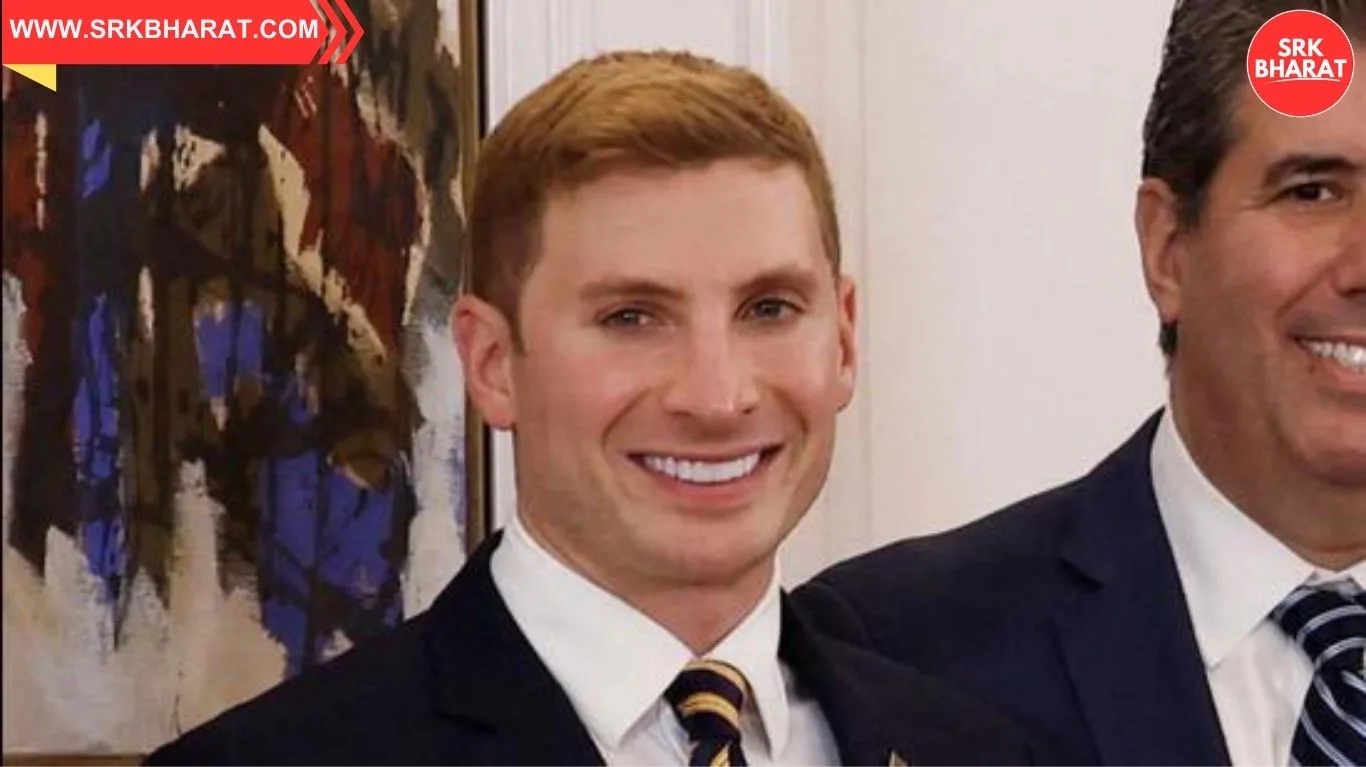Pakistan’s Prime Minister Shehbaz Sharif has called for a credible investigation into the Pahalgam terror attack, even as senior Pakistani leaders openly acknowledge the country’s historical support for terrorist groups.
The attack, which occurred on April 22 in Baisaran Valley, Jammu and Kashmir, claimed 26 lives, sparking outrage across India. While Islamabad has dismissed allegations of involvement, statements from former Foreign Minister Bilawal Bhutto Zardari, Deputy PM Ishaq Dar, and Defence Minister Khawaja Asif have inadvertently confirmed Pakistan’s past links to extremist organizations.
Dar admitted that Pakistan had objected to the United Nations Security Council’s (UNSC) condemnation of The Resistance Front (TRF)—the group that claimed responsibility for the attack. His remarks suggest Islamabad’s reluctance to distance itself from terror outfits.
Meanwhile, Asif, in an interview with Sky News, acknowledged Pakistan’s role in supporting militant groups during past conflicts, stating, “We have been doing this dirty work for the United States for about three decades.” His comments further reinforce India’s long-standing claims that Pakistan harbors and enables terrorism.
India has responded with diplomatic and economic measures, including suspending the Indus Waters Treaty, revoking visas for Pakistani nationals, and closing the Attari-Wagah border checkpoint.
Despite Pakistan’s call for an international probe, its own leaders’ admissions have raised doubts about the sincerity of its stance. The global community continues to monitor the situation closely, with China backing Pakistan’s demand for an impartial investigation.
Stay tuned for further updates on this developing story.











